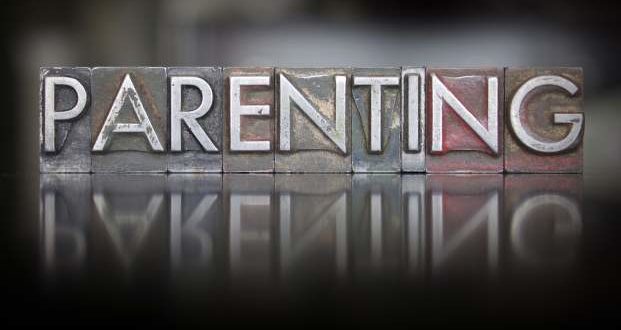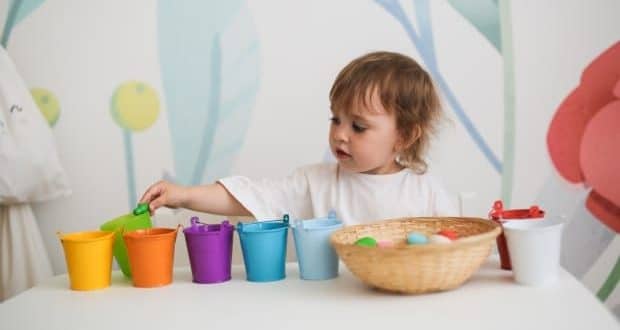Challenges of Co-Parenting vs Parallel Parenting

Divorce attorneys believe the way people parent after divorce directly reflects how much they’ve healed from it. Parents have three distinct choices to manage their post-divorce relationship with the children – sole custody, co-parenting and parallel parenting.
Some parents take the high road and co-parent for the sake and wellness of their children. Others, on the other hand, fail to assume their parental responsibility in the wake of a high-conflict marriage.
In these cases, parents negatively influence their children with their ongoing conflicts. They also don’t realize the effect of their actions until after the damage is done.
Courts decide on a joint custody arrangement based on the willingness of each parent to help raise the children in a healthy and safe environment. Without a doubt, children of divorced parents do better when they share a positive and mutually respectful bond with each parent.
This is the reason why family lawyers don’t consider sole custody as their first choice for custodial arrangements.
Defining Co-Parenting and Parallel Parenting
Parallel parenting is a means of co-parenting for individuals who have demonstrated they’re unable to communicate with each other respectfully. Parallel parenting is the version of co-parenting best for adversarial, high-conflict families.
It provides an opportunity for these parents to remain fully connected with their children while they remain disengaged with one another. In such an arrangement, parents assume responsibilities in different domains.
For example, one parent takes responsibility for medical decisions while the other focuses on education.
Whereas, in a co-parenting setup, parents communicate and get in touch with each other for fulfilling their parental responsibilities. Co-parenting is an option only when both parents support each other and respect their rights to maintain a healthy relationship with their children.
Challenges of Co-Parenting vs Parallel Parenting
Here are a few issues you might face in co-parenting which might make you inclined to choose parallel parenting:
Managing Conflicts
A co-parenting arrangement that keeps everyone happy is possible, but it’s rare. Some spouses find it hard to let go of past resentments, so they reflect their negativity by creating conflict.
When children are exposed to these conflicts, they get influenced in a damaging and long-lasting way. Parallel parenting is a peaceful arrangement for parents who haven’t overcome their animosity.
Making a Parenting Plan
Co-parenting calls for a high degree of specificity in the parenting plan. The higher the degree of conflict between parents, the more specific the parenting plan needs to be.
If you choose parallel parenting, your plan will eliminate any need for the parents to communicate directly. Even if there’s a need to do so, parents communicate through a formal channel such as emails.
All communication is business-like and relates to the children’s well-being.
Individual Parenting Styles
While co-parenting requires both parents to create harmony in the way they raise their children, parallel parenting allows them to have their own parenting styles. Neither parent has to conform to the other’s standards, nor do parents try and influence each other’s choices and decisions.
While children might find the difference in parenting confusing at first, they will quickly learn the contrasts in both parents.
Mutual Respect
Co-parenting requires both parents to agree on issues and resolve differences for the sake of their children. Parallel parenting, however, allows children to develop good relationships with both parents regardless of parental conflicts.
Parallel parenting allows families to thrive even in cases of extreme animosity.
Giving Up Control
In parallel parenting, both parents have to give up trying to control each other as well as the children when they’re with the other parent. This is challenging and liberating at the same time.
As collaboration is limited to major issues, both parents can exercise their responsibilities as they see fit.
Parallel parenting comes with an unexpected upside. Sometimes, the passage of time allows the dust to settle between the parents.
Gradually, parents might achieve cooperative parenting. When parents successfully parent in a parallel parenting agreement, often they’re able to put aside their hostilities and restore trust in one another.
Parallel parenting shields children from conflict, which goes a long way in helping them develop into secure adults. Thus, if co-parenting seems unlikely to succeed for you and your partner post-divorce, parallel parenting might give you the opportunity to raise your kids together while maintaining peace in your households.
Child custody lawyers Montclair don’t consider sole custody the best option for parents since it robs children of their right to have an equally amicable relationship with both parents. In these cases, parallel parenting might be the only option to let the children enjoy a relationship with both parents.
Here are some more tips for dealing with divorce when there are young children involved.





